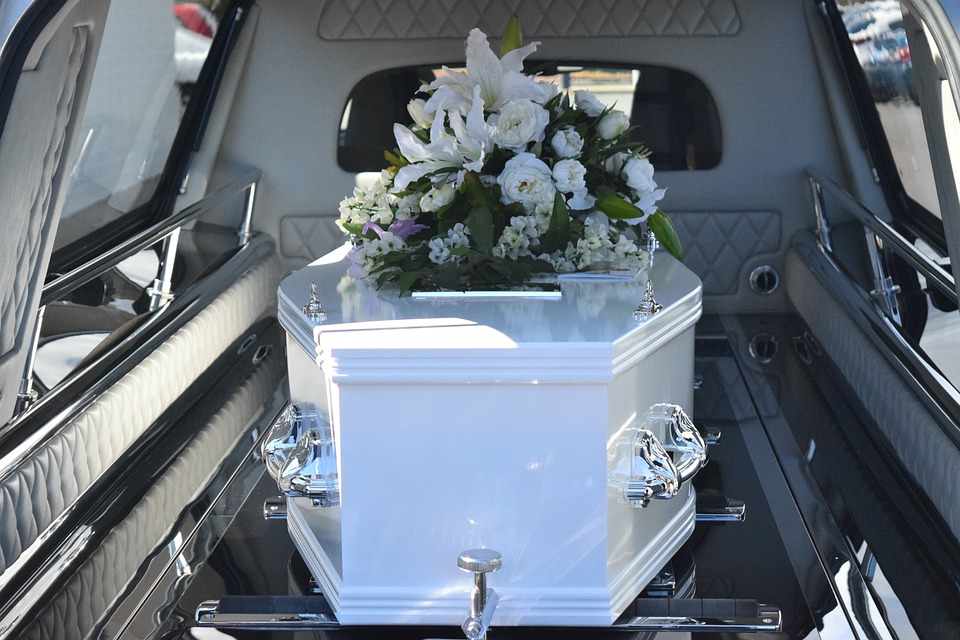Now Reading: Mortuary Law, Explained in Simple Terms
-
01
Mortuary Law, Explained in Simple Terms

Mortuary Law, Explained in Simple Terms
In its broadest sense, mortuary law pertains to legal matters surrounding cemeteries, crematories, and funeral houses. If adequate end-of-life services aren’t provided, funeral companies, cemeteries, or even medical institutions may be held accountable for carelessness or malpractice.
For a variety of various types of funeral malpractice or negligence, families may be entitled to compensation and punitive penalties from a facility, including errors in embalming, theft, and fraud.
Errors in Embalming
An excessive amount of decomposition and deformities may result from improper embalming or storage of a corpse, especially when done by an untrained individual. If you suspect any embalming errors, contact a lawyer to help determine if you have grounds to sue.
Errors in Cremation
A botched cremation may result in needless pain for the survivors in several ways, such as cremating the incorrect corpse, misplacing the cremated remains, letting them mix with the ashes of other people, or providing the wrong cremated remains to the family.
The corpse may be cremated early or without the family’s consent in certain situations as a way for the funeral home to cover up its improper management of the remains.
Inappropriate Handling of Remains
Funeral directors have been held accountable for mutilation, improper body storage, misplacing corpses, packing numerous bodies into one casket, losing bodies during transport, and employing damaged or faulty caskets.
Theft
Funeral home staff members take jewelry, prosthesis, gold teeth, and even body parts (such as corneas, which may be sold to research institutes or used for transplants without the family’s knowledge) from the corpses they receive.
Fraud
Fraud in burial malpractice may take many forms, such as charging too much for services or burying unprotected dead in graves so the caskets can be sold again. Numerous funeral establishments have amassed large sums of money via fictitious pre-need agreements that take money in advance for funeral and burial services that the dead never receive.
What Is Negligence at a Funeral Home
Negligence at funeral homes may take many different forms. Directors of funeral homes and the individuals that work for them are people. Thus errors will always happen. Funeral home carelessness often results from:
- Incapacity
- Greed
- Bribery and deceit
- Outrageous sexual behavior
You may find a mortuary lawyer to fight for you to be compensated for any qualified financial losses, regardless of whether the funeral home’s carelessness was caused by incompetence or negligence.
How Can Malpractice at a Funeral Home Be Proven
If a funeral home has caused you pain, you can feel powerless and think it would be challenging to establish your claim. There are typically four components to proving guilt in a case of abuse or neglect in a funeral home. These components consist of the following:
- A duty of care was owed: Funeral houses are responsible to their customers to handle the dead with professionalism, respect, and honesty. A duty of care was broken if this wasn’t done.
- The funeral home violated that duty of care: Acting carelessly or maliciously disregarded its responsibility to protect you and your loved one from harm. They would be held legally liable if the funeral home was accountable for any wrongdoing or abuse.
- Losses occurred as a consequence of the funeral home’s actions: They brought one or more injuries. If the body suffered harm, you or your family experienced emotional or financial hardship—or both—these losses should be adequately compensated through a civil case for funeral home abuse.
What Damages am I Eligible to Get in a Case Against a Funeral Home?
Other damages can be attainable in your case, depending on the specifics. In lawsuits for abuse and neglect at funeral homes, common injuries include:
- Funeral costs
- Psychological trauma
- Emotional suffering
- Reduced quality of life/loss of pleasure
- Other incidental damages
Seek Legal Guidance From a Mortuary Attorney
Protecting the bodies and dignity of the departed they serve is the responsibility of professionals who handle loved ones’ corpses. This is true regardless of where the remains are stored—whether in a funeral parlor or mortuary, a morgue run by the municipal or county coroner, a hospital, or even a cruise liner.

With a law degree under his belt, Mark Scott understood very early that law communication was a relatively neglected area. He decided to help people by “translating” the language and offering information and advice in a clear, useful, and actionable manner. For this reason, instead of finding him in court, you will most likely find his name online, where he is very active and thriving as a legal columnist. His part of making the world a better place is to make the law a less convoluted maze. He aims to make it easier for people to understand when and how to seek legal counsel, how to proceed in a significant number of legal matters, and to find the proper resources so they can stand up for their rights.










